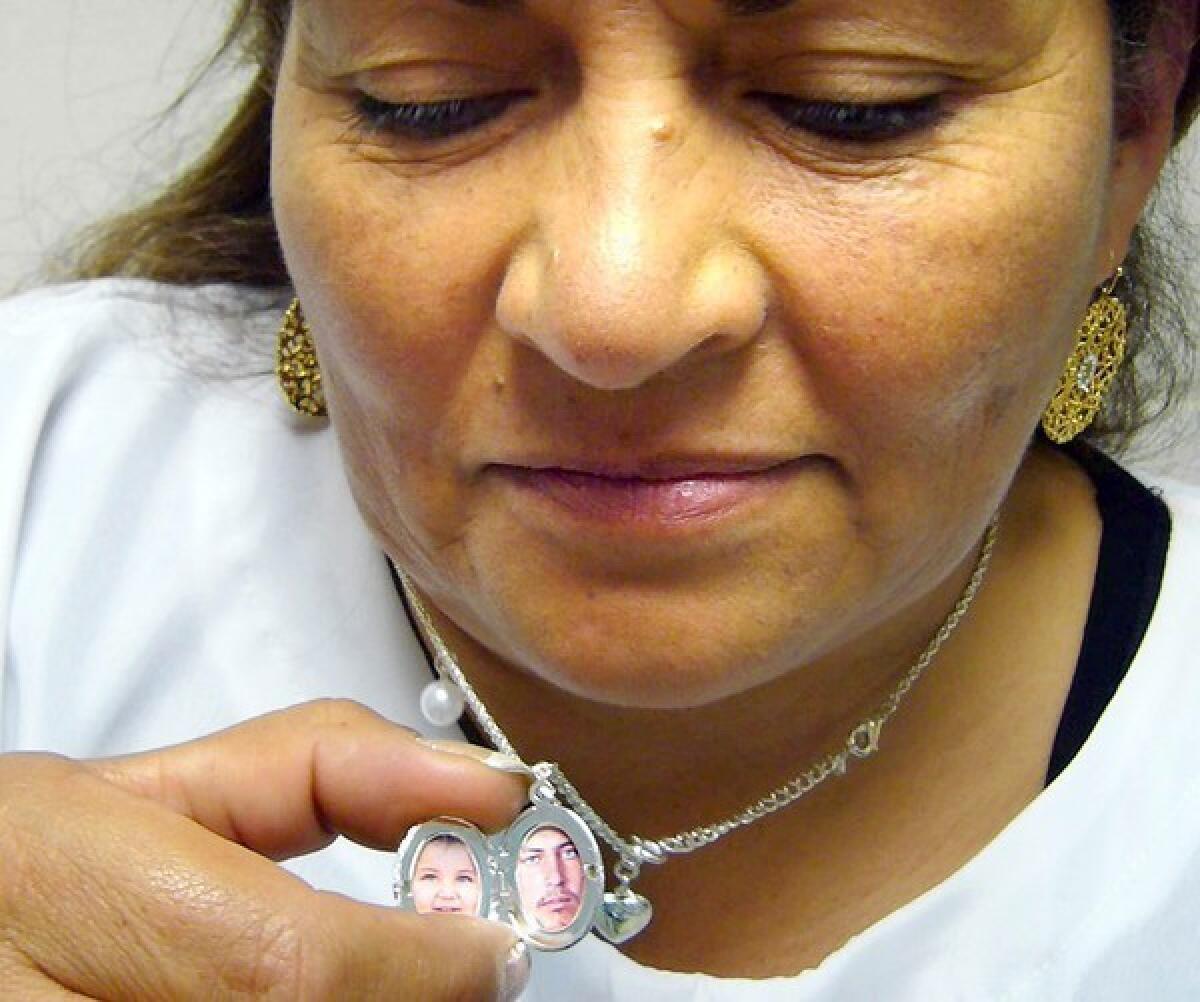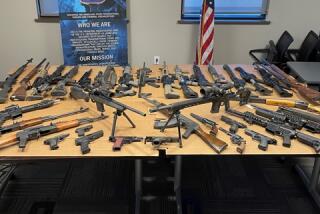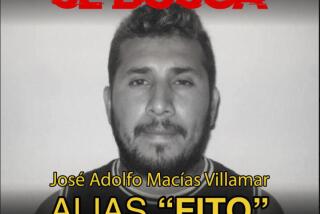In Colombia, 6 sentenced in ‘false positives’ death scheme

BOGOTA, Colombia — Leonardo Porras, a mentally challenged day laborer, was lured by the promise of work and flown from Bogota to a faraway location in northern Colombia, where he was shot to death by Colombian soldiers. As part of a nefarious scheme, prosecutors say, he was then identified as a leftist terrorist killed in action in order to hype the army’s body count.
Porras, 26, was one of 22 young men from the Soacha shanty barrio offered jobs in August 2008 and later found dead hundreds of miles away in North Santander province. The case blew the lid off a so-called false positives scheme, which was already being flagged by human rights groups at the time as a major problem, but which some in the government were downplaying as isolated cases.
This month, six army officers and soldiers were sentenced after a weeks-long trial in a Bogota criminal courtroom to prison terms of at least 35 years for Porras’ murder.
“I never knew why or when he left because the recruiters told Leonardo to keep his work opportunity a secret,” said his mother, Luz Marina Bernal, who heads a group of Soacha mothers of victims. “He just disappeared and I never had a chance to say goodbye.”
In total, more than 3,300 mostly poor, unemployed or mentally challenged people fell victim to “extrajudicial executions” by Colombia’s armed forces from 2002 to 2008, human rights groups say.
“By inflating body counts, the officers and the soldiers got promotions, vacations and other benefits,” said Ivan Cepeda, a congressman who previously headed a state victims group. Hyped killed-in-action totals also fed the perception that the government was getting results in the fight against terrorists, he said.
The murder cases are being tried in civilian courts instead of military tribunals because then-President Alvaro Uribe said he wanted to assure the public of impartial trials. Verdicts have been reached in about 170 of the 3,350 cases, but a coalition of Colombian and international human rights groups thinks the wheels of justice are grinding too slowly.
Last month, the coalition filed a complaint before the International Criminal Court in The Hague, charging that 95% of the cases still had not come to trial, said Alberto Yepes, a human rights investigator in Bogota.
Moreover, President Juan Manuel Santos, who was Uribe’s defense minister when the Soacha murders occurred, is backing two pieces of legislation that combined could make cases still to be tried revert to military jurisdiction.
The changes are necessary to improve morale among the armed forces, whose members think civilian criminal norms shouldn’t apply to war, and to broaden a framework for peace negotiations that would limit criminal culpability for both soldiers and rebels in any future accord to end four decades of civil conflict, government officials have argued.
Human rights groups counter that such changes could impede justice and reduce the chances of determining from how high up in the military command the orders for such killings came.
“Moving the cases to military jurisdiction would result in many being shelved because a military court would not have the autonomy nor the impartiality that is needed,” Yepes said. “A military court is not going to blame the high command for these kinds of things, if in fact they are to blame.”
New York-based Human Rights Watch said this week such legislation would provide “”undercover amnesty.”
During the trial in the Porras killing, testimony was provided on how “recruiters” combed poor barrios for mentally impaired or disadvantaged victims and received $100 for each one they delivered to the military.
Yepes said “false positives” killings are thought to have occurred in 32 of 33 Colombian provinces.
“What was really striking was that these cases were happening all over the country. It was not just one bad apple. It was astonishing how similar they all were,” said Lisa Haugaard of the Latin America Working Group in Washington, a human rights agency.
The killings rocked the government after the Soacha case revealed the dimension of the crimes. On the firing line was Santos, then the defense minister.
When Santos drew fire over the Soacha killings in 2008, he insisted that he had no knowledge of the practice, fired 27 army officers and ordered changes in how the army measured success.
Reported cases have declined dramatically but still occur, Yepes contends.
“I’m still waiting for justice,” said Carmen Gomez, another Soacha mother, whose son Victor Fernando, 23, was a victim. Those suspected in his killing have not yet come to trial. She said “recruiters” fooled him into thinking he had a job somewhere on Colombia’s northern coast but in fact gave him up to army killers.
“I want to know not only who pulled the trigger of the gun that killed my son,” she said, “but who gave the order.”
Kraul is a special correspondent.
More to Read
Start your day right
Sign up for Essential California for news, features and recommendations from the L.A. Times and beyond in your inbox six days a week.
You may occasionally receive promotional content from the Los Angeles Times.





